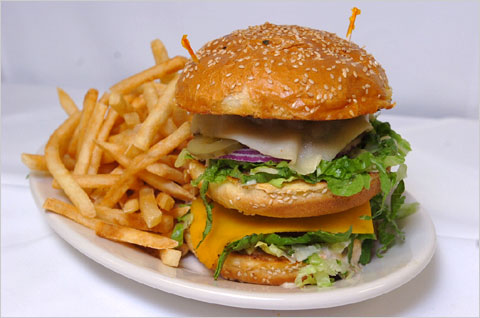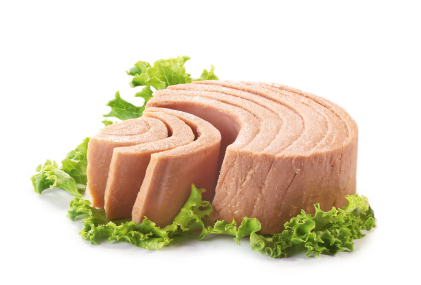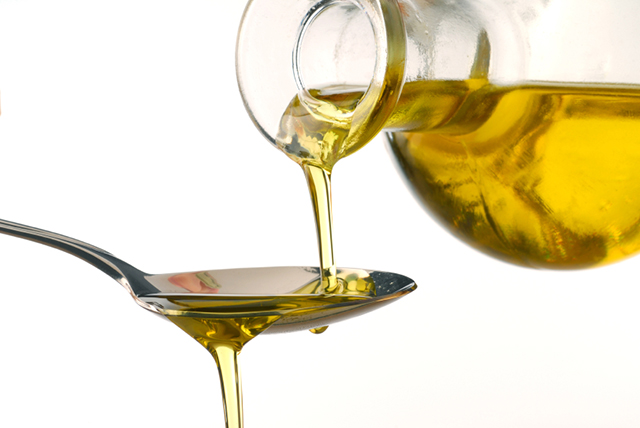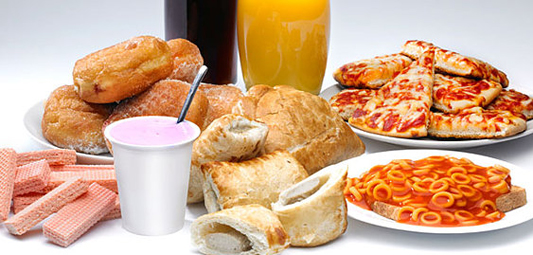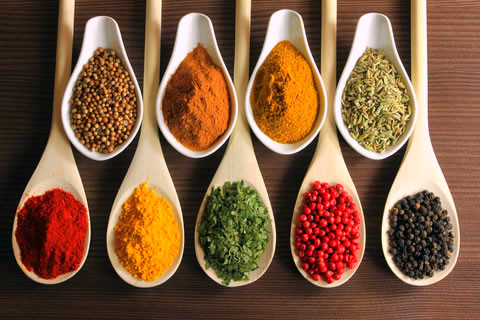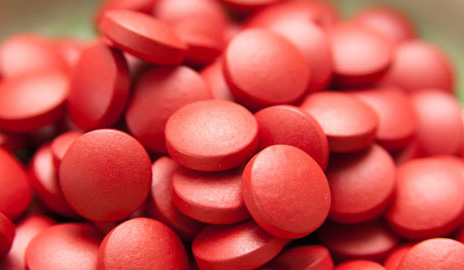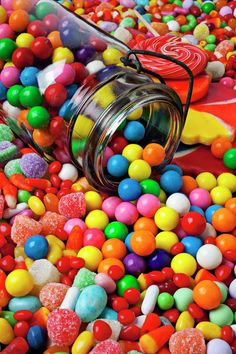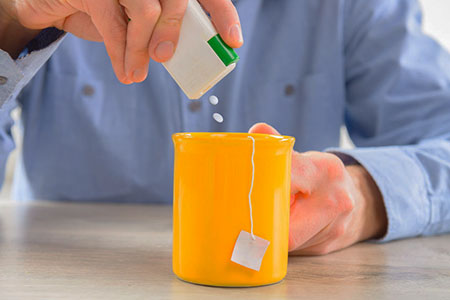Here are 10 food items you might want to avoid to have healthier brain…
1.Tuna
Research from the University of South Florida shows that people with the highest levels of mercury in their bloodstream—amounts that often exceed that which the Environmental Protection Agency deems safe—experience a five percent dip in cognitive function. Before you swear off all seafood, don’t: Salmon, sardines, and mackerel are low in mercury (and high in brain-boosting omega-3s).
2.Partially Hydrogenated Oils
There is no reason to ever eat food items that list “partially hydrogenated oils” in their ingredients list. It’s code for trans fats which in addition to increasing your risk for obesity and damaging your heart health, can cause serious brain drain. Diets high in trans fats increase beta-amyloid—a peptide ‘plaque’—deposits in brain that are associated with Alzheimer’s disease. One study published in Neurology even found that people who consumed high levels of trans fats had lower cognitive abilities—and smaller brains—later in life. Common culprits include fried foods, baked goods, and processed foods.
3.Processed Foods
Most foods today are actually being processed already. Talking about practicality, it is convenient to have processed foods in the table. There is nothing wrong in eating these kind of foods. However, chemically processed foods are not that safe anymore especially if you are taking too much of it. It can cause several diseases that can get really serious by time. It can also, well, hurt your brain. Why is that? Chemically processed foods are loaded with added sugar and worse, high fructose corn syrup. They are also high in sodium and are full of partially hydrogenated oils or commonly known as trans-fat. Some of them can also contain Monosodium glutamate (MSG) and saturated fat.
4.Added Sugar
The not-so-sweet stuff can cause constant insulin spikes and inflammation that results in both vascular and neuronal damage. One study published inBrain, Behavior and Immunity found that large amounts of sugar cause the hippocampus, the brain’s memory control center, to become inflamed, meaning it can’t work at 100 percent. Meanwhile, one cross-cultural analysis found that high sugar intake is linked to depression.
5. MSG
If you love Asian cuisine, you must be careful on choosing foods that are high in MSG because most of the Asian foods contain a lot of MSG. What is this MSG? Monosodium glutamate or commonly known as MSG is approximately 78 percent free glutamic acid, 21 percent sodium, and up to 1 percent contaminants. It is an excitotoxin that actually affects your brain chemistry through overexciting your cells to the point of brain damage.
Uncontrollable intake of MSG can cause obesity, eye damage, headaches, fatigue and disorientation, and depression.
6.Saturated Fat
Again, a little is okay, but a diet high in saturated fat can decrease the brain’s ability to fight the formation of Alzheimer’s-linked brain plaque, according to a 2013 JAMA Neurology. But an onslaught of saturated fat also hurts your brain in the short-term. Ewan McNay, Ph.D., an assistant professor of behavioral neuroscience at the University at Albany, says that saturated fat impairs your brain’s ability to learn and form new memories within as little as 10 minutes after mowing down.
7.Copper and Iron Supplements
Take these only when a physician advises you to, according to a Neurobiology of Aging report on the prevention of Alzheimer’s disease. These minerals are important for our health, but too much may be harmful. Excessive copper and other heavy metals like iron can hinder the clearance of beta-amyloid, a type of plaque that may block certain cell communications and lead to nerve cell death.
8. Fructose (HFCS)
According to researchers, too much fructose intake can hamper how brain cells use and store the energy required to process thoughts and learnings. They said that high fructose corn syrup will impair your ability to remember and change your brain’s ability to learn. Fructose slows down the brain and memory functions in rats.
9. Caffeine
If you are a coffee lover, you should at least know where they are made from. Coffee is basically made from coffee beans. These beans have this naturally occurring substance known as caffeine. What does caffeine actually do to your brain? Caffeine actually helps your alertness. It can make you more energetic and activates your brain to being more hyper than usual. Caffeine also builds up the adrenaline supply, which increases heart rate, gets blood pumping, and opens up airways. And, caffeine prevents dopamine from getting reabsorbed into your system, leaving the feel-good chemical hanging around in your brain longer. On the downside, this dopamine effect is also what makes coffee so addictive, so keep that in mind the next time you’re eyeing that 2nd (or 10th) cup of coffee.
10. Artificial Ingredients
Artificial Ingredients are found in processed foods. They are composed of preservatives, colorants, artificial flavor, and texturants. Preservatives are chemicals that prevent the food from rooting. Colorants are chemicals that are used to give the food a specific color. Artificial flavor are chemicals that give the food a particular flavor. Texturants are chemicals that give a particular texture.



